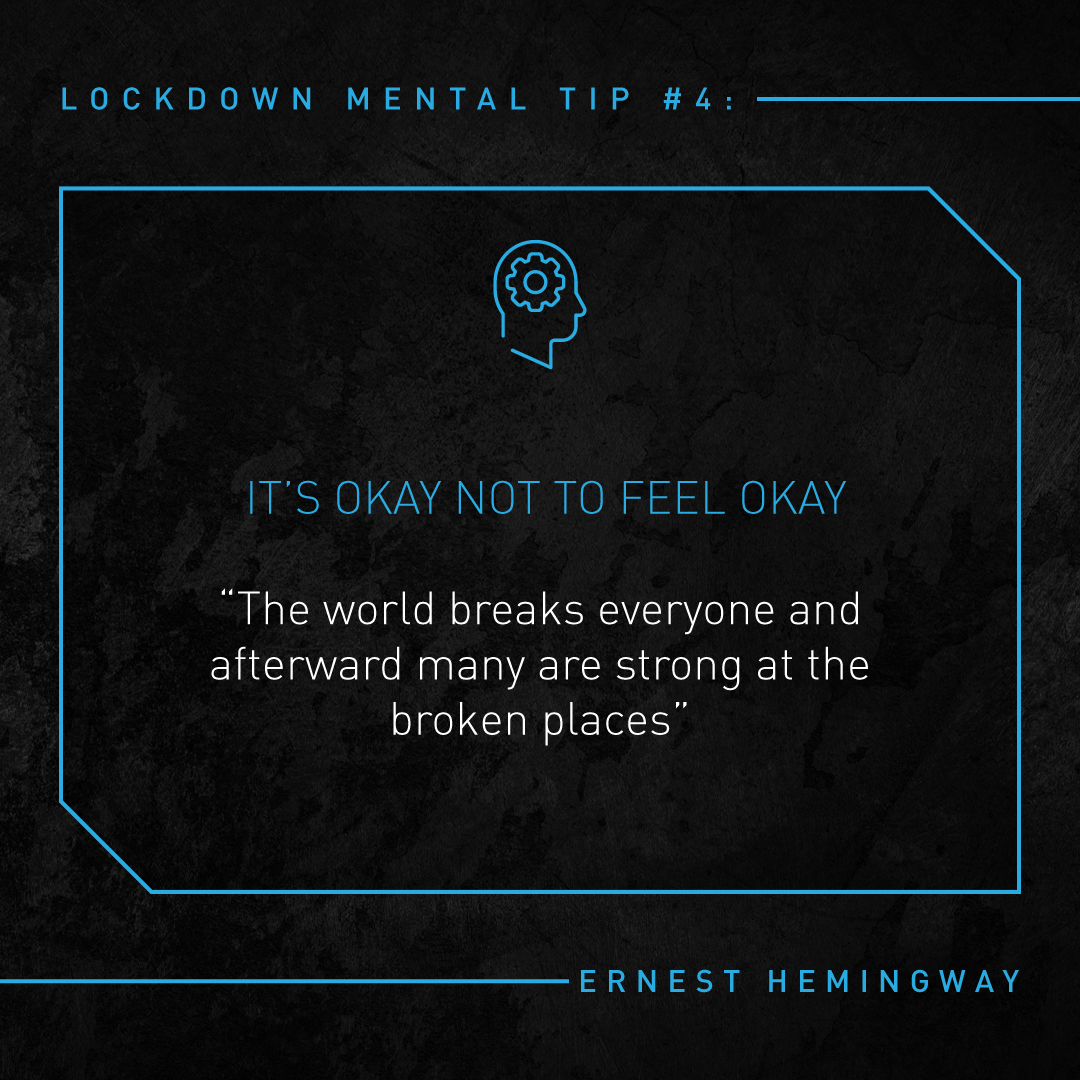
It’s okay not to be okay
Despite all the positive and upbeat social media posts by many athletes, there are those that are really struggling during this time. Looking at the myriad posts out there all encouraging athletes to keep focused, keep training or issue fun challenges, many athletes can feel pressure to be positive when they are not, be okay when they are not, and be calm when they are actually really anxious.
Phumelela Mbande, South African Hockey goalkeeper is an outspoken mental health advocate, often sharing her own struggles, and she recently shared her experience of the lockdown, saying:
I don’t know how everyone else is holding up- but I’m a mess. It’s not even about the restrictions in training anymore, I’m so incredibly anxious about everything. I’ve cut down on my social media time because seeing clips of people training makes me feel like I’m not doing enough, seeing otherwise cool challenges on stories makes me feel like I’m overthinking this entire thing when everyone else seems to be making the best of it. I’ve organized for a Skype call with my therapist so hoping that will help.
[NOTE: As well as competing for her country, Phumelela works full time as a Chartered Accountant. This is not a woman who can’t handle pressure! She is competent, organised, driven and committed. Mental health has little to do with being mentally tough…just ask Michael Phelps, the most decorated Olympic athlete of all time who often shares his own mental health challenges.]
Although this is a time for hope and gratitude (as my previous posts have said), this is also a time to acknowledge the real mental health challenges for some and be careful not to glibly gloss over its real impact. Many athletes’ lives have been turned upside down. Careers have been ended very suddenly. Finances have been abruptly stopped. Life decisions of when to retire need to be re-thought. Goals and dreams re-imagined.
We need to all be controlling what we can and doing our best to get through, but the message also needs to be it’s okay not to be okay. It is not weakness; it’s called being human.
*Phumelela shared her experience with Girls Only Project, a non-profit company focusing on women in sport issues, and is an ambassador for the project.


